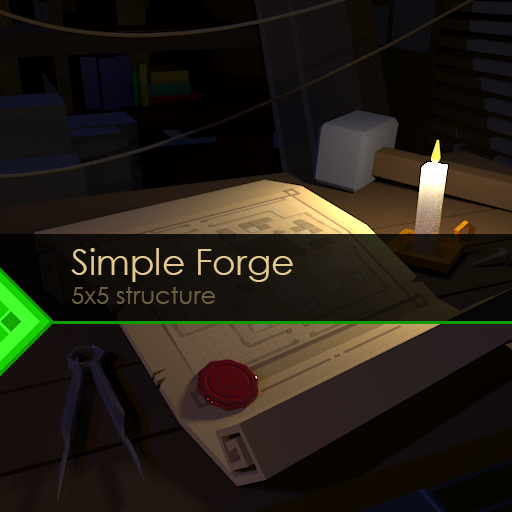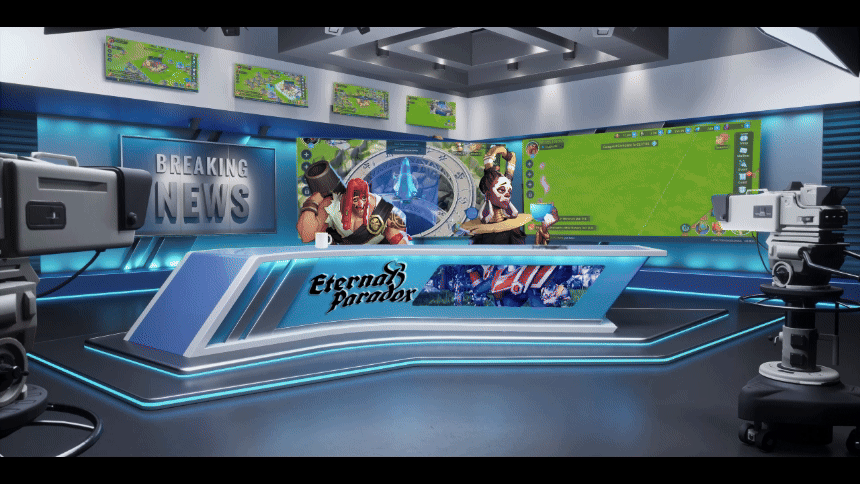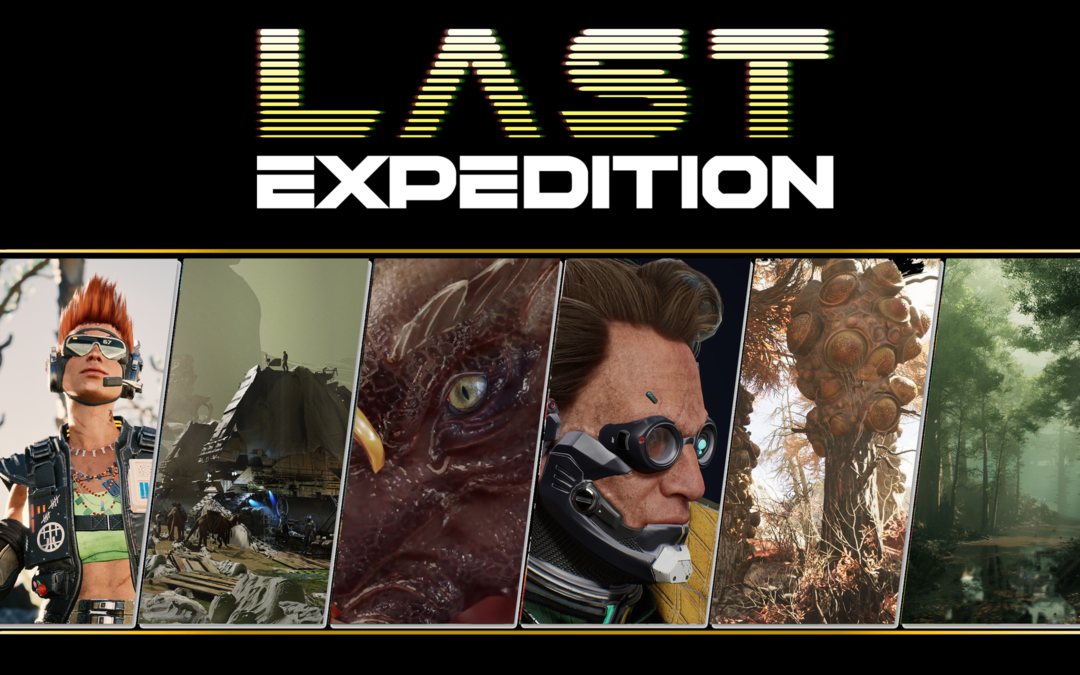There is a book by well-known engineer, Henry Petroski, called “The Pencil.” In this book, Petroski outlines how the modern world ended up with the pencil and what exactly it takes to make said writing implement. It is all well and good to be able to pull a pencil out of your knapsack to scribble a note, but entirely another when you think of every single person that was involved in the process to create the pencil you hold in your hand.
As we have said before, we intend Mirandus to be a simulation of the world, but the better word might be simulacrum. Mirandus is a smaller-scale representation of a larger and very idealized medieval fantasy world. This is an important fact to remember as it informs literally every single aspect of the game’s development. In the development of Mirandus, we are seeking to avoid making the world feel “constructed,” and would instead rather create the system of rules upon which the world itself evolves and then put players into this world.

This is especially important when we consider how various things work in the world of Mirandus. For example, we are very commonly asked questions about crafting. How does crafting work in Mirandus? Lets take the concept of operating a simple forge.
The description of a simple forge is: some heat and a small anvil help provide village basics.
What does this MEAN? Well, in the case of a small forge, what do you get? What exists within this structure? The best way to answer this question is to look at what exists in the “IRL” world. A small forge would have a collection of tools, an anvil, a barrel for quenching, an area to keep stock iron, a small forge which would be fueled with coal or wood, and a set of bellows to stoke the fire.
What could you make in a simple forge? The description says “village basics” but what does this mean? In a late medieval town, a local blacksmith would work to make simple farming implements such as axes, adzes, tongs, shears, horse shoes, belt buckles, and some small decorative items for use around a village. In times of war, they would produce some of the simplest weapons to equip levies. If there was a particularly skilled smith, they might produce some armor or more advanced weapons, but that is only in the event that the smith himself was spectacularly skilled, having spent a lifetime learning his craft.
However, even when a blacksmith made a sword, it depended not just on his own abilities, but rather the abilities of the entire village. The forge would be fired with either coal or charcoal, which would depend on the efforts of a a woodsman, miner, or charcoal burner. The hilt would be wrapped with leather, which would depend on the work of a tanner, which would take raw skins from either a huntsman or butcher and turn it into leather.
This type of analysis can be scaled to look at other buildings within the Mirandus ecosystem. We conduct deep research into each type of building before we include it in the world, making sure that it fits into the ecosystem. There is no such thing as an “unimportant shop.”
Much like Town Star, which is a simulation that represents an idealized farm world, Mirandus represents an idealized medieval world. Some of the same basic concepts which serve as the underpinnings of Town Star, such as an interconnected ecology of forces impacting the output of various industries, will also be present in Mirandus. Things such as deforestation, overhunting, or pollution may have an impact on the overall productivity of a farming or ranching hamlet. Some tasks in these locations may be performed by NPCs, but at the end of the day it will be up to the player characters to shape the world of Mirandus.
At the end of the day, it is up to YOU, the player, to build the world of Mirandus. Studio Director Michael McCarthy is creating a world in which the deeds and services provided are interlinked and depend on one another, and woven into the natural world. Mirandus is being built to appeal to a wide variety of players. Whether you want a fast-paced adventure game, a farming game, a crafting game, or, at the highest levels, a kingdom management economic simulator, Mirandus will have a niche for you.
Note on New NFT Sales: For the time being we have halted NEW additions to the Gala Games Store until we have completed some additional tech which will distribute the “debut” of an NFT in the shop around the world, so that even if you are in a timezone on the other side of the world, one of the four listings in the store will be visible to you. Roughly 25% of the total available for sale will be listed every six hours, on a schedule which will be published in advance.
Regarding NFT Pricing: We are also in the process of “normalizing” the NFT pricing in the store. This will result in a standardization of the pricing schedule for NFTs that is somewhat normalized to their scarcity and utility in-game. When a new NFT is released, it will be listed in the store for 24 hours at a discount, at which point in time it will be priced at the same level as other NFTs with similar scarcities and utility. As Mirandus comes closer to its testing phase, these prices will be increased at regular intervals based on the number of NFTs sold. We consider the introductory pricing — which all NFTs currently sold would fall within — an “early-adoption bonus.”
Today, the Butcher Shops were minted! Check your nodes!
A LOT of big news coming soon! Stay tuned!





